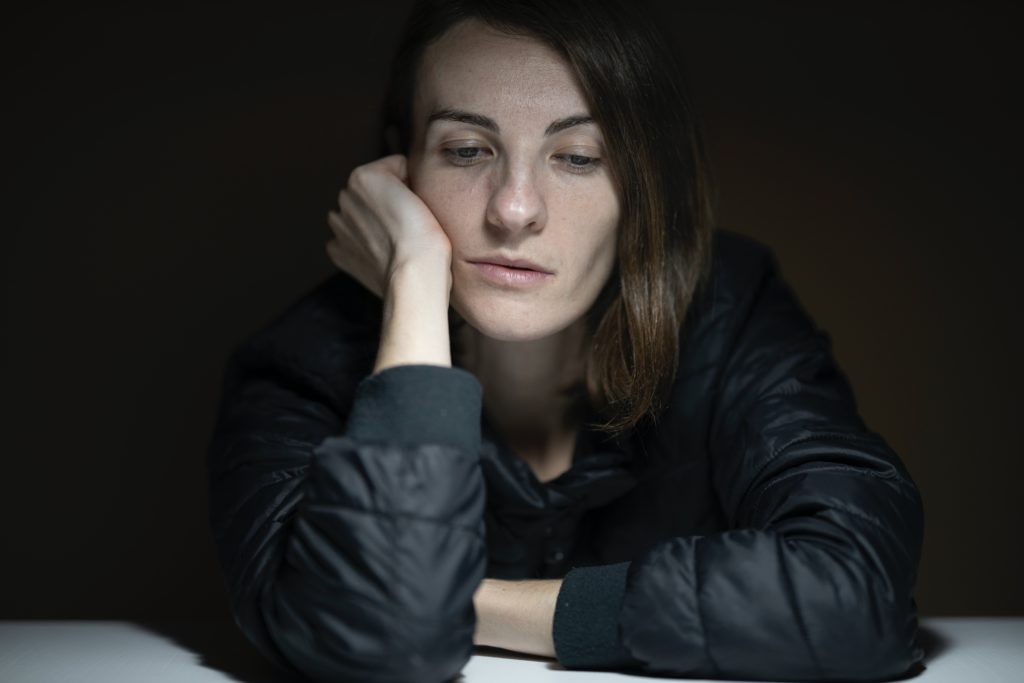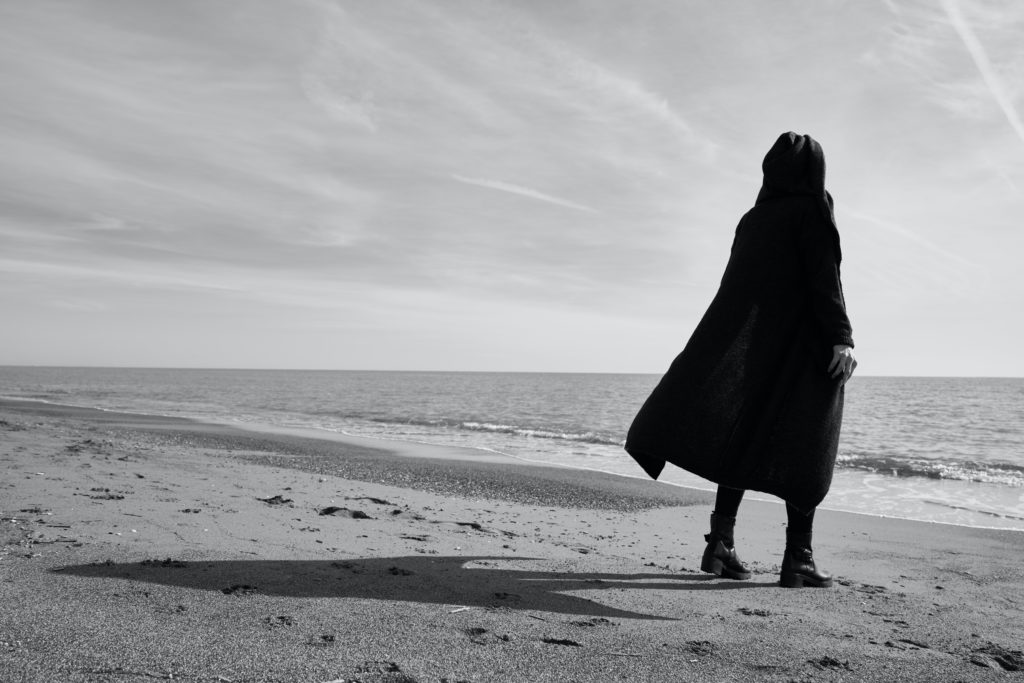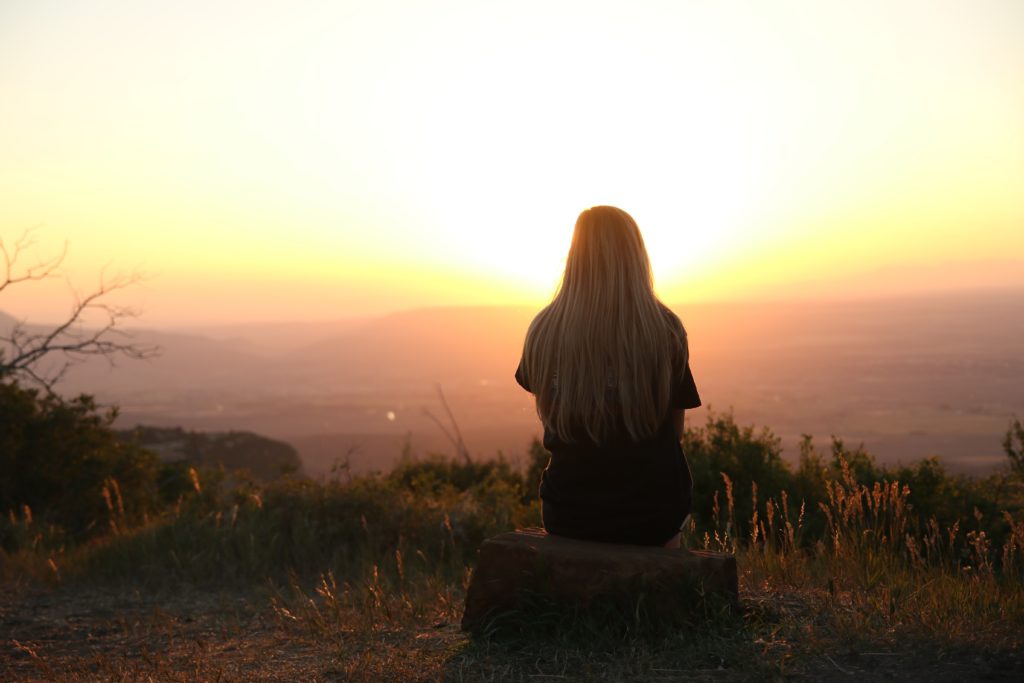Depression shows its face in a lot of different ways:

If you live in the misery of bipolar depression, anhedonia is right there, up close and personal. So what is it? Anhedonia is the loss of interest or pleasure in things you used to enjoy. So you stop enjoying. But if you can’t enjoy... life can taste like… sawdust. Bipolar depression is never fun. It’s interesting that those who suffer the type of depression that’s dominated by anxiety often have trouble sleeping…and tend to lose weight. While those who suffer from the type of depression dominated by lethargy tend to gain weight and sleep long hours…. like 19 hours straight. And anhedonia is right there, in your face, when you’re depressed. It can permeate your life and creep into conditions that sometimes tag along with depression and bipolar depression, like PTSD or substance abuse. And ketamine slashes anhedonia in these conditions.
Now, here’s the problem. In bipolar depression, there is plenty of evidence that shows that the usual treatments for bipolar depression don’t relieve the anhedonia. In fact, they sometimes actually blunt the rewarding experience. We’ve talked about this in other articles, referring to the activity of cell bursting in the lateral habenula.

Let’s be frank. When you’re depressed, you want to feel better. NOT feeling isn’t good enough. You need to be able to enjoy.
We talked about how important that is. To live a fulfilling and rewarding life includes enjoying. Because without any enjoyment, life is more of a drudgery…and you trudge through proverbial mud day in and day out.
Who Says So??
Peer reviewed studies have demonstrated that depressed patients with anhedonia have a poorer prognosis for recovery than depressed patients with no anhedonia. And anhedonia can also cause emotional blunting and even physical blunting, like inability to experience sexual pleasure or orgasm.
A study published in the American Journal of Psychiatry demonstrated that when anhedonia is present in a major depressive episode, it can predict that suicide is likely to end that life.
In 2014, there was no FDA approved treatment for anhedonia…and the suicide rate was climbing, and continued to climb and is still climbing. Currently, suicide is the 10th leading cause of death in the US.
All that illustrates that “not enjoying anything’ isn’t as tepid as it may sound. It can actually be life-threatening.

And in the meantime, in order to understand depression and bipolar depression, you do need to wrap your head around anhedonia.
Ketamine Treatment Slashes Anhedonia in Bipolar Depression
A neuroscience research team led by N. Lally that included Carlos Zarate and D.A. Luckenbaugh, looked at the effects of ketamine on anhedonia in Oct 2014. The study showed that ketamine causes rapid-acting anti-anhedonic effects in treatment-resistant bipolar depression. To go a step further, they found it it improves and relieves anhedonia independently of its antidepressive benefits.

Over half of people diagnosed with treatment resistant bipolar depression suffer from serious anhedonia. And the researchers in this study demonstrated… and concluded….that ketamine treatment is vital for the treatment of anhedonia in patients with bipolar depression.
We’ve talked before about how bipolar depression is characterized by an intensity that distinguishes it from major depressive disorder. And these researchers found that even when a patient with bipolar depression can laugh at a joke, or likes eating something sweet, he lacks the motivation to to go to the effort to get it for himself.
So lack of motivation is embedded in anhedonia, and to restore motivation requires alleviating the anhedonia.
But standard antidepressants aren’t always effective for anhedonia, at least there’s no proven evidence of it. So something had to give.
And ketamine treatment seems to target regions in the brain that cause anhedonia. Not as part of its antidepressant benefits, but independently.
We also know that IV ketamine also stops suicidal thoughts…and again it seems that it can do this independently from its antidepressant benefits.
Is it any wonder so many are so excited about the restoration they’ve experienced after ketamine treatment?
And what about you?
Do you know what anhedonia is like from your own experience? Do you recognize the description of not enjoying things you used to enjoy…of having no motivation to drag yourself out of bed or to do anything?
Ketamine treatment can be an ideal treatment for your symptoms, even when nothing else has worked — and sometimes, especially when nothing else has worked! — and can relieve depression by targeting a variety of areas in your brain, It’s almost as if it’s custom made just for you to dissolve your bipolar depression symptoms.
I’m not saying ketamine treatment is a cure-all. Far from it. Depression and bipolar depression are complex disorders that require multifaceted treatment approaches. When anhedonia persists no matter what you do or try, you may want to consider ketamine treatment.
Ketamine Slashes Anhedonia For You, Too
At Innovative Psychiatry, we offer ketamine treatment for treatment resistant depression and bipolar depression. And our patients often tell us they’re amazed at the relief they experience and at how much easier it becomes to manage their lives after treatment.
If you haven’t experienced relief, or even just partial relief, from the prescriptions you’ve taken…and you still don’t enjoy… call us.
If you find yourself thinking about dying, or wish you didn’t have to wake up in the morning… reach out for help. Don’t go it alone. Call the National Suicide Prevention Lifeline at 1-800-273- TALK (1-800-273-8255) or in the US, text HOME to 741741 to connect with a crisis counselor at the Crisis Text Line.
And learn about how we’re using IV ketamine infusions to help stop suicidal thinking in depression.
You really can enjoy again…the fragrance of a flower, the energy to have fun, the motivation to accomplish your goals and build healthy relationships.
Give yourself the chance to find out how good you can feel.

To the restoration of your best self,

Would like to know how to get ketamine treatments.
We offer ketamine treatment in our office, and have continued to offer it during the COVID-19 pandemic. Please call us at (860) 648-9755. We’d be happy to help!